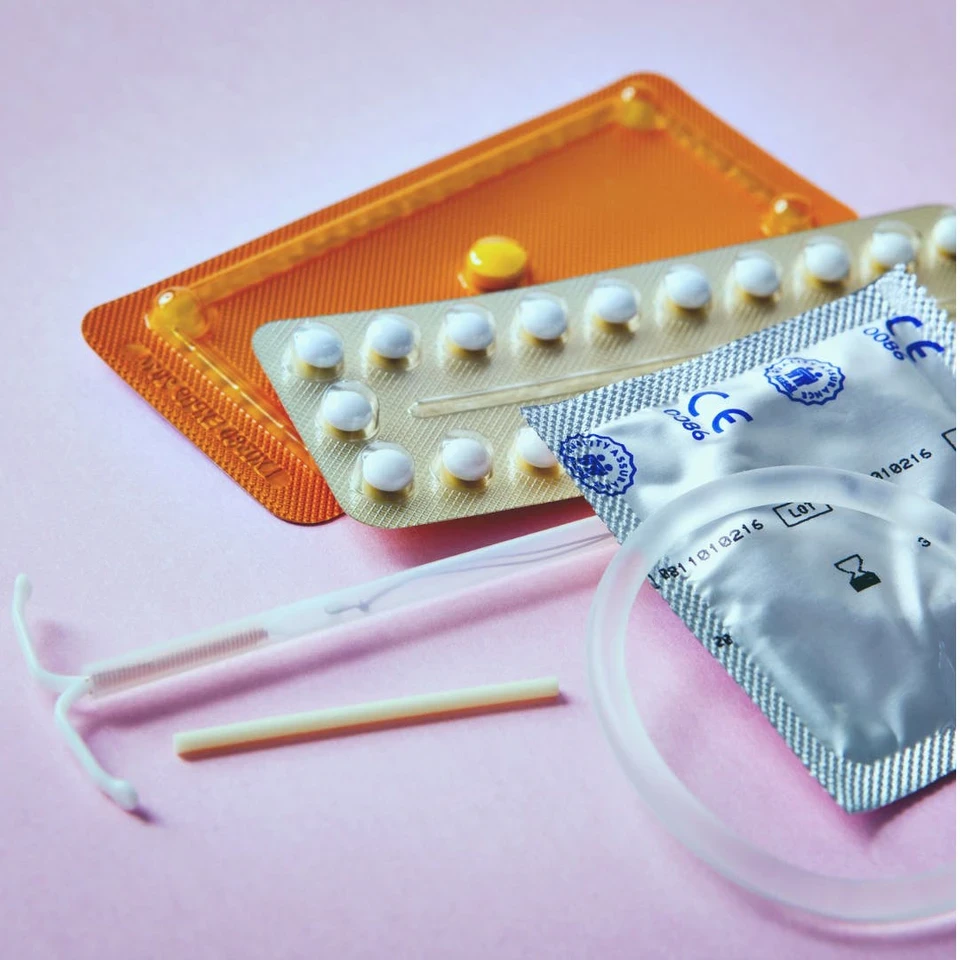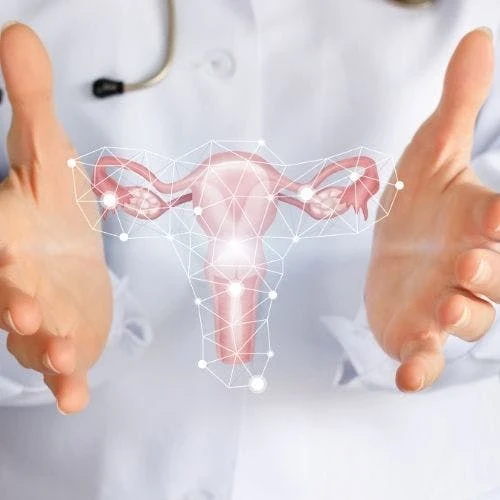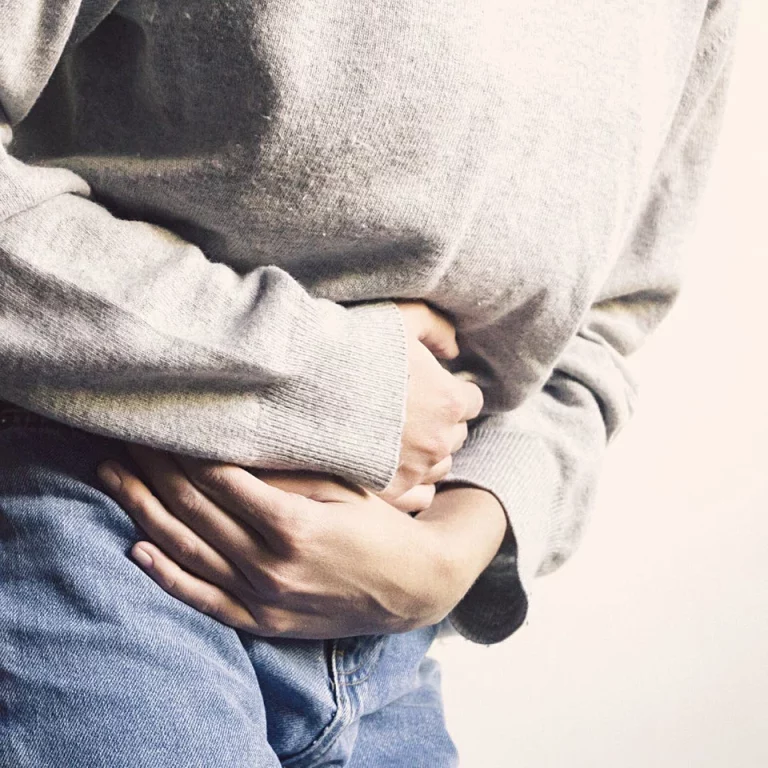Is Birth Control Effective?
YES! But, it is important to note that some methods of birth control are more effective than others. Also, you MUST use each type of birth control correctly and you must give yourself enough time to allow it start working. Let’s break down the different types of birth control, how effective they are, and how long they take to start working. Remember, that while you are in the window of waiting for your birth control to become effective, you should use a barrier method of contraception such as a condom.
Are Birth Control Pills Effective?
YES! Birth control pills are very effective at preventing pregnancy. But, they MUST be taken correctly, which means every day, without missing a day, and ideally at the same time each day. If you start taking birth control pills for the first time within the first 5 days of your period, they should be effective right away, but if started after this time period, a backup method should be used for at least 7 days. If taken as directed and without any missed doses, oral contraceptives are 99% effective in preventing pregnancy. However, for people who miss doses or fluctuate when they take their dose, the overall effectiveness can drop to 91%. Also, since oral birth control pills do not prevent sexually transmitted infections, many women choose to use barrier methods such as condoms in addition to birth control.
Are IUDs effective?
IUDs are also very effective at preventing pregnancy. There are two types of IUDs – copper and hormonal. The copper IUD starts working immediately after it is inserted, while the hormonal IUD takes about 7 days to start working. If placed within first 7 days of menstrual cycle, backup may not be needed.
The copper IUD has a pregnancy rate of approximately 0.8%, which means that anywhere from about 8 people out of 1000 people will become pregnant on this type of birth control.
The hormonal IUD releases a small amount of progestin each day to keep you from getting pregnant. The hormonal IUD stays in your uterus for up to 3 to 6 years, depending on the device. It has a failure rate of between 0.1% and 0.4%. This means that anywhere from 1 to 4 people out of 1000 people will become pregnant on this type of birth control.
Other Methods Of Birth Control That Are Less Effective
There are other combined hormonal methods like the patch and the vaginal ring. They work similarly to combined OCPs and should be started in the same timeframe.
This skin patch is worn on the lower abdomen, buttocks, or upper body (but not on the breasts), and it works by releasing progestin and estrogen into your bloodstream. With typical use, the average failure rate is 7%, which means about 70 women in 1000 could get pregnant while using the patch for birth control.
The vaginal ring works similarly in that it also releases hormones into your blood stream. With typical use, the average failure rate is 7%, which means about 70 women in 1000 could get pregnant while using the patch for birth control.
Related: Effectiveness Of Pulling Out Method
Nexplanon is a subdermal implant is a progestin containing contraception. The rod contains a progestin that is released into the body over 3 years. This has a failure rate of 0.1%, or 1 in 1000 people will become pregnant.
How Effective Is The Morning After Pill (Emergency Contraception) ?
If you have already had sexual intercourse and want to prevent pregnancy, emergency contraception, “Plan B,” or the “morning after pill” is your best option. Plan B also works through hormones which delay ovulation. It is more effective the sooner it is taken, so it should be taken as soon as possible, within 3 days of unprotected intercourse Plan B does not protect against HIV/AIDS or other STIs, and will not affect an existing pregnancy. The morning after pill is about 93% effective in preventing pregnancy. It is available at pharmacies without a prescription. The morning after pill came out in the 1990s and another emergency contraception pill called Ullipristal came out in 2010. It is also called Ella and it requires a prescription. Ullipristal can be used within 5 days (120 hours) of having unprotected sex and it is 98% effective at preventing pregnancy.
Is Birth Control Effective : Take Home Points
Birth control pills need to be taken correctly in order to maximize their effectivity, which can be as high as 99%. IUDs are also very effective with a very low pregnancy rate that is between 1 and 8 pregnancies per 1000 people. Finally, if you need to take emergency contraception, it is important to take that as soon as possible after you have unprotected sex.
Sources:
https://www.acog.org/womens-health/infographics/effectiveness-of-birth-control-methods
https://www.cdc.gov/reproductivehealth/contraception/index.htm#Birth-Control-Methods
https://www.womenshealth.gov/a-z-topics/birth-control-methods
We discuss products we think are useful to people. If you buy something through our links, we may earn a commission. Remember to check with your personal physician to see if a product recommended is right for you.







